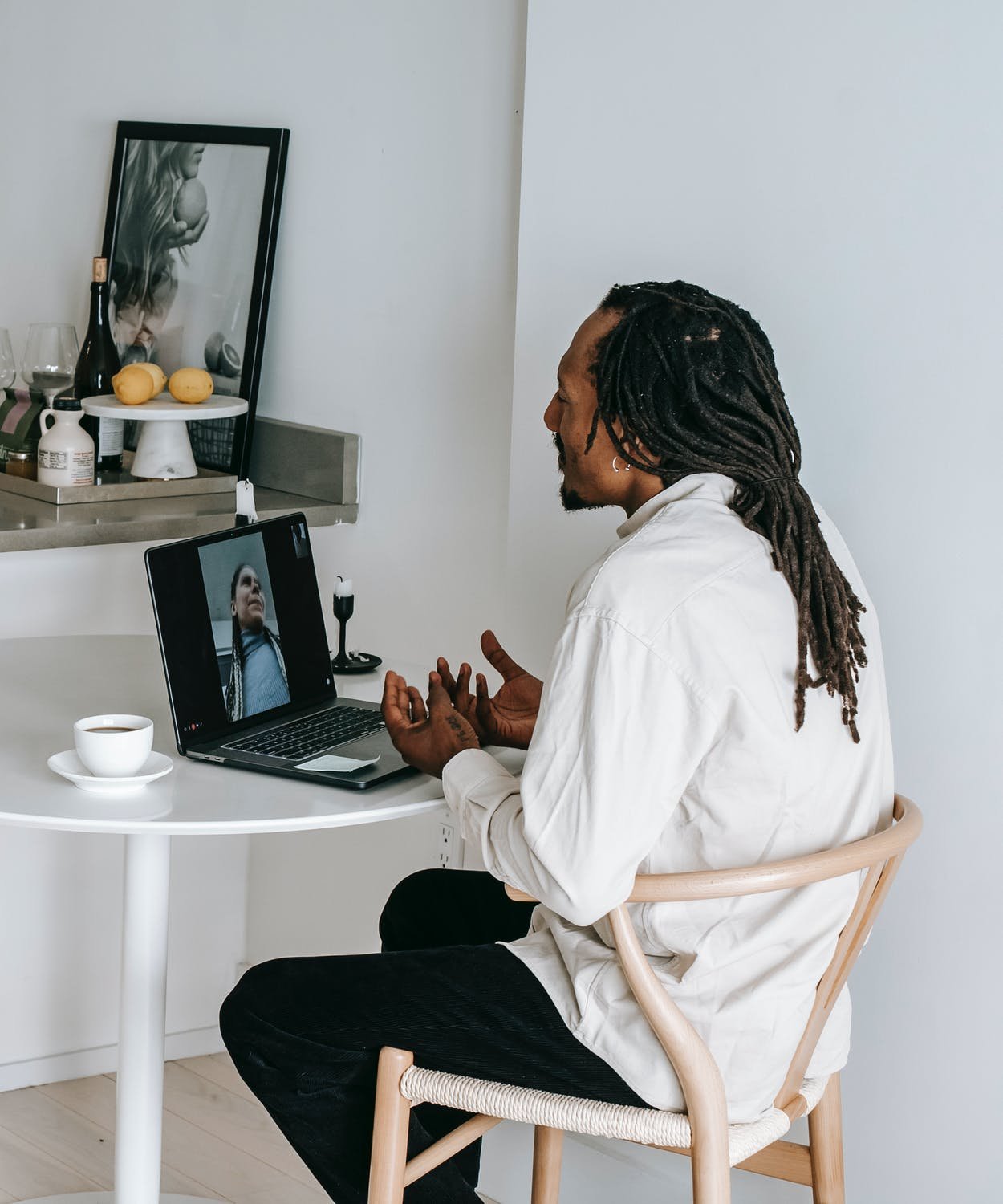Prepare for the Most-Asked Video Interview Questions
By Wiilliam R. Dodson
One thing any job seeker consistently sees after just a few interviews is that interviewers tend to ask the same questions. It's as though they are all reading from the same bad script.
Most of us have some level of stress and anxiety logging into a video interview. It doesn't help that we're already nervous about making sure our technology is not going to turn on us to spoil the engagement even before it's started.
Video interviews are more difficult than in-person interviews because neither party can see the body language of the other. Body language provides cues as to whether our answers are in-line with interviewer questions. Interviewers also find it difficult to guide the discussion without seeing if questions and answers are more than just pre-recorded answers.
Nevertheless, the interview can feel like an inquisition that may lead to a nervous breakdown — ours, not theirs. It can be extremely overwhelming and tough to concentrate during a video interview. When you interview for a job, you want to present yourself in the best light and demonstrate that you are the best person for the job. By acquainting yourself with the responses to interview questions ahead of time, your opportunities of securing the job increase significantly.
Some interviewers are proficient at asking interview questions and using video technology. Nevertheless, your success depends primarily on how you address their questions. Some queries may appear overly direct; however, the objective seldom changes: the hiring managers want to know if you're really the best candidate for the task. Familiarity with the business and the kinds of concerns the recruiter has will boost your career, no matter how knowledgeable and skilled you are.
Common Questions Interviewers Ask
Oddly, there is a scary consistency in the list of questions interviewers ask. They all seem to have the same corporate lack of imagination across the board:
Tell me about yourself.
What are your strengths?
What are your weaknesses?
What do you bring to our team?
Where do you see yourself five years from now?
Why do you want to work here?
What is your salary expectation?
What motivates you in life?
What makes you a good team player?
Is there anything that you would like to ask me?
The most typical opening shot, though, is "tell me about yourself". The question is meant to be your opportunity to favorably present yourself and your employment history. You can highlight your qualifications, strengths, achievements, and approaches to solving problems.
However, do not go overboard when you’re answering this question. It’s sometimes tough to see an interviewer's eyes glaze over during a video interview. Still, be succinct!
Consider responding to the question by rephrasing what you understand of the role for which you’re interviewing. Then frame your professional background within the context of what you understand to be expected of the position.
Resources to Prepare for Interview Questions
Monster.com as well as a plethora of other job sites offer generic answers to the generic interview questions. But you need to go one - even two - steps further.
Whatever the source of the interview template, it’s a good idea to rehearse answers to the questions. Another great idea is to rehearse follow-up questions of your own to ask once you’ve answered one of the boilerplate questions. The approach helps reset the “balance of power” away from the interviewer and back toward you. See the EmployDiversityNetwork.com post “Turn Interviews Into Memorable Conversations” to learn how to do this.
LinkedIn also gives an exhaustive list of interview questions, along with quotes from interview coaches.
An “A” for Attitude during Interviews
Aside from your resume, an interview is the only thing standing in between you and your dream task. Make sure you dress well; no t-shirt and jeans or revealing party-wear. Smile and have a positive passionate attitude, and remember your good manners and communicate plainly and audibly, despite the physical distance between you and the interviewer.
Handling new difficulties and higher responsibility ought to be emphasized when you respond to interview questions, because going without goals or career goals makes you appear unmotivated. Act like you truly want the job and you'll most likely get it; attitude is everything!
A Thank you Never Hurts
Follow-up emails to interviewers are like chicken soup: it doesn't hurt to send them. If you are a creator, take the opportunity in the email to send samples from your professional portfolio. Otherwise, you can write a case study that showcases your contribution to a relevant issue the organization is faced with.
Keep in mind though, in larger organizations, you have to imagine the interviewer will be talking to dozens of individuals about the job at hand. It will be easy for them to forget you if you don’t otherwise do something after the interview to stand out from the crowd. If you have not heard anything after two or three weeks, call the hiring supervisor to ask if they are close to a decision, or if they have already made one.
When you interview for a job, put on your game face (as footballers like to say) and demonstrate that you are the best individual for the task. By familiarizing yourself with how to answer job interview questions ahead of time, your chances of getting the job increase considerably.
Your success in the interview depends on how you address the interviewer’s direct and most significant concerns. Remember, aside from your resume, interviews are the only thing standing between you and your dream job.
William R. Dodson is a contributing editor at EmployDiversityNetwork.com. He writes on workplace diversity and Tech trends. His latest book is Virtually International: How Remote Teams Can Harness the Energy, Talent, and Insights of Diverse Cultures (Emerald Publishing Group, September 2021). You can contact him at wim@virtuallyinternational.com.











